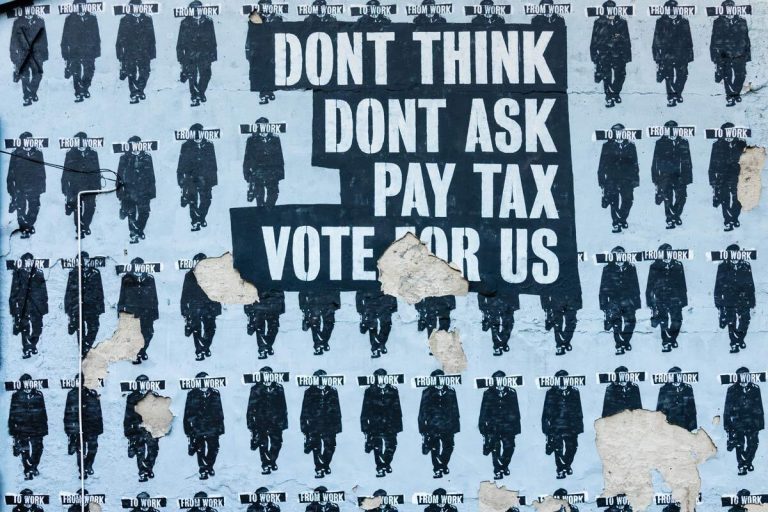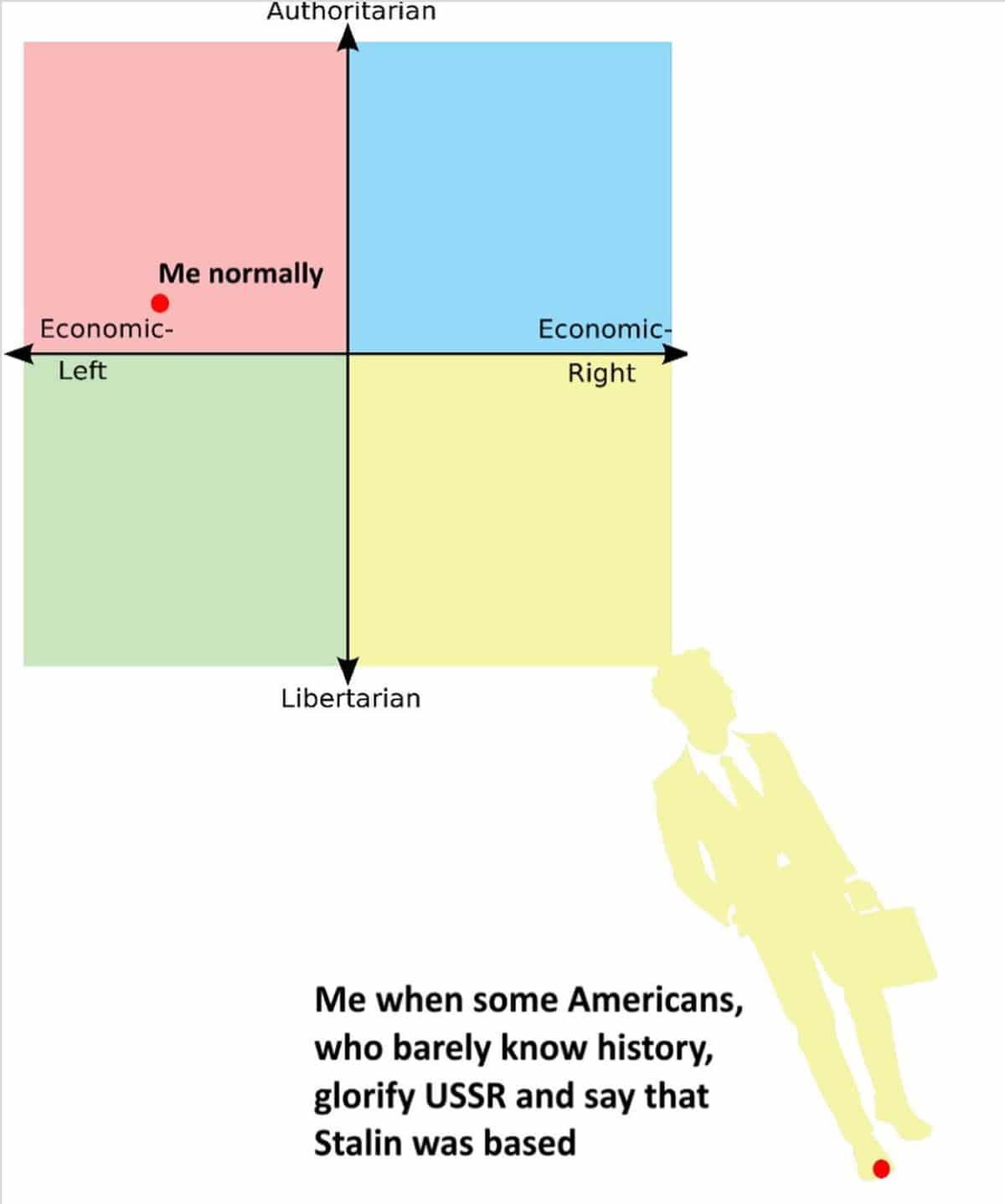
Opinion
Are political memes dangerous or helpful?
By Eve Upton-Clark
Opinion
Are political memes dangerous or helpful?
By Eve Upton-Clark
Updated Sep 17, 2020 at 04:20 PM
Reading time: 3 minutes
Internet culture
Sep 10, 2020
As 2020 continues to throw curveballs, at many points the expression ‘if you don’t laugh, you’ll cry’ has seemed apt. With this, we have seen a rise of political content on social media to help the general public make sense of major global crisis after major global crisis. Internet memes make a joke, a point, or a connection and can operate to affirm and shape today’s politics through participation by reappropriation. But are they actually helpful?
As the best part of any group chat, memes are fundamentally fun. However, when used within a political context they enable a new kind of participatory conversation which complicates the traditional political structure. Internet memes are defined as “units of popular culture that are circulated, imitated and transformed by Internet users, creating a shared cultural experience.” For young people, who do a great deal of their communicating online, memes have become a significant practice for political engagement. A far cry from the cat memes of 2010, 2020 sees the internet taking on politicians and the established elite through the medium of memes.
Humour is inherently critical and functions to challenge social norms dating all the way back to Ancient Greece. In a way, memes are a continuation of caricatures, which were popularised in the 1700s as a form of satire. Political memes create and spread satire, allowing them to actively question politics rather than passively consume through more traditional news sources. Logan Callen, creator of the Instagram account @quarantined_political_memes, which is well known for its political compass memes, told Screen Shot, “When I first started my page back in March, the amount of engagement on political pages was much lower than it is now. My page has grown a lot recently, especially among younger people. I attribute this growing interest in politics to the popularisation of politics on social media.”

With few socioeconomic barriers to the internet, access to political content has never been easier, arming the younger generation with a powerful tool. However, the meme’s biggest strengths, speed and lack of gatekeepers can also prove its biggest flaws.
At their crux, memes are supposed to be funny, whether that humour is light-hearted or macabre. However, at the intersection of politics and humour, there is a very fine line to be balanced. Bigoted hostility, harassment and dangerous propaganda are often overlooked as ‘just a joke’, as extremists hide behind irony to make their bigotry seem more palatable. A 2015 study by the Texas University found that individuals who were socially isolated and more likely to be characterised as ‘on the fringe’ have a greater chance at creating a successful meme, lending weight to the idea of memes being an effective tool for extremists.
“Social media giving everyone a voice for their opinions is a double-edged sword,” explains Callen. “While it allows for every opinion to be heard, it also grants the opportunity for ‘trolls’ to spread misinformation. I have seen this a lot while on the political side of Instagram. While most memes I have come across aren’t dangerous in spreading misinformation or propaganda, I have seen a few that almost tricked me, and would definitely trick younger people.”
Memes thrive on a lack of information, the faster you can understand the point the higher the chance of it going viral. Seemingly well-intentioned memes can still dehumanise others through fetishisation, as when everything is reduced to an Instagram graphic it’s easy to forget the very real human experiences behind the content. One particularly disturbing example is the recent murder of Breonna Taylor by Louisville police. An article in Vox stated that “as soon as Taylor’s name went viral, the call to action became something closer to a meme-fied catchphrase, with many social media users turning calls to arrest Taylor’s killers into a kind of structural gimmick.”
The tools we use to communicate are in danger of becoming counterproductive to actual communication. The term ‘slacktivism’ describes the practice of supporting a political or social cause by means such as social media, involving very little effort or with the main purpose of boosting the participant’s ego.
And then there’s the concern that memes can very easily become our own personal echo chambers. Tatton Spiller, creator of the Instagram account @SimplePolitics and author of The Breakdown, explains, “The echo chamber effect is pretty awful. You follow people with whom you agree. You share those posts. You don’t interact with friends you follow but don’t share values with, they drop off your timeline, you see more of the stuff with which you do agree. You hear nothing, ever, of the other side. You forget that people with other views really exist. How can anyone believe that nonsense? You completely lose the ability to chat or engage with anyone who doesn’t hold your points of view.”
Memes aren’t going anywhere. They are a part of public conversation and shape the way we interact with events and debates. Even deepfake memes are on the rise. Activist and author of Millennial Black and Anti-Racist Ally, Sophie Williams, tells Screen Shot, “I think people spend so much time on social media, consciously and unconsciously absorbing the information they see, that it can be a really good starting point for people. What I think is essential to emphasise every time, is that posting or sharing on social media is not activism in itself. It’s not the end, it’s just the start. People have to take the information and apply it in their everyday lives, offline, through their actions.”
Social media is a powerful tool. It’s hard to imagine a major pop cultural or political moment that doesn’t generate an influx of internet memes. But with that comes a breeding ground for lies, indifference and optical allyship. Proceed with caution.




